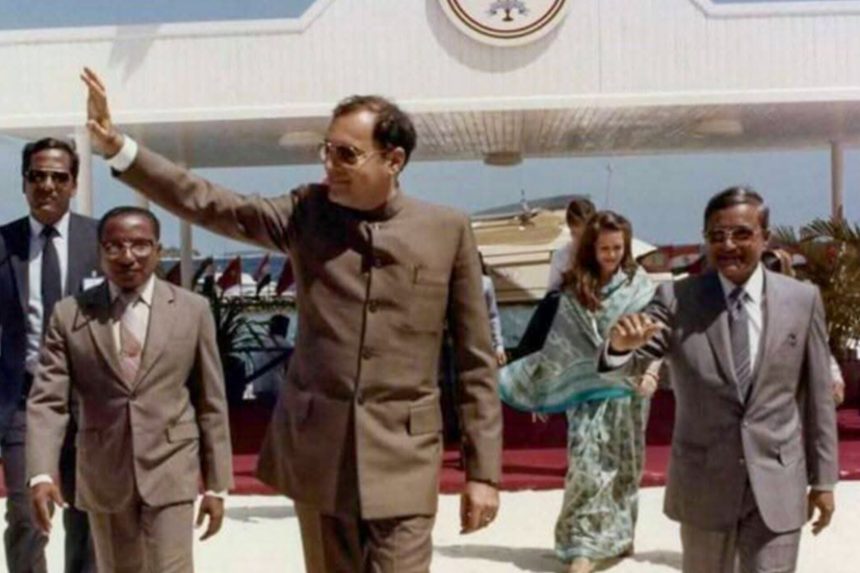On 3 November 1988, a band of foreign mercenaries backed by local conspirators launched a violent coup attempt in the Maldives. Within hours, the nation’s sovereignty was restored through a remarkable display of courage by Maldivian defenders and the swift military response of India in what became known as Operation Cactus.
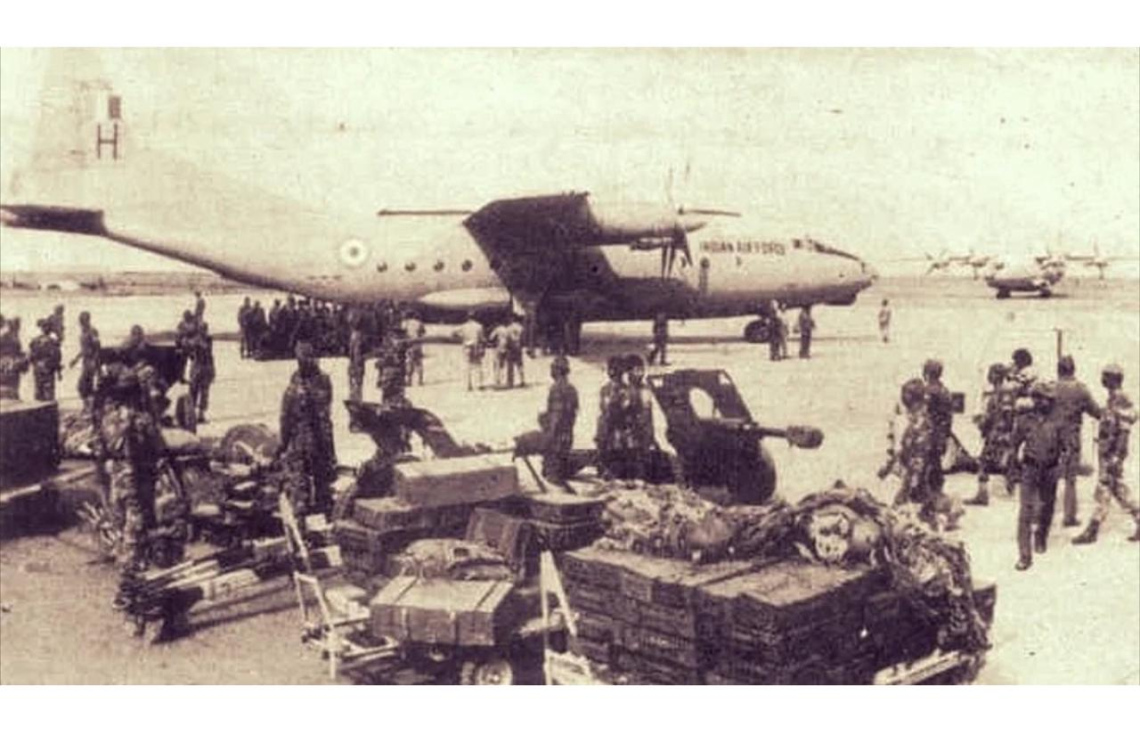
The Attack on Malé
In the early morning hours, around 80 armed mercenaries from the Sri Lankan militant group PLOTE (People’s Liberation Organisation of Tamil Eelam) invaded Malé. They had been secretly ferried in aboard a hijacked freighter and were led by Abdulla Luthufee, a Maldivian businessman turned traitor. The mercenaries seized government buildings and state media in an attempt to overthrow President Maumoon Abdul Gayoom’s administration.
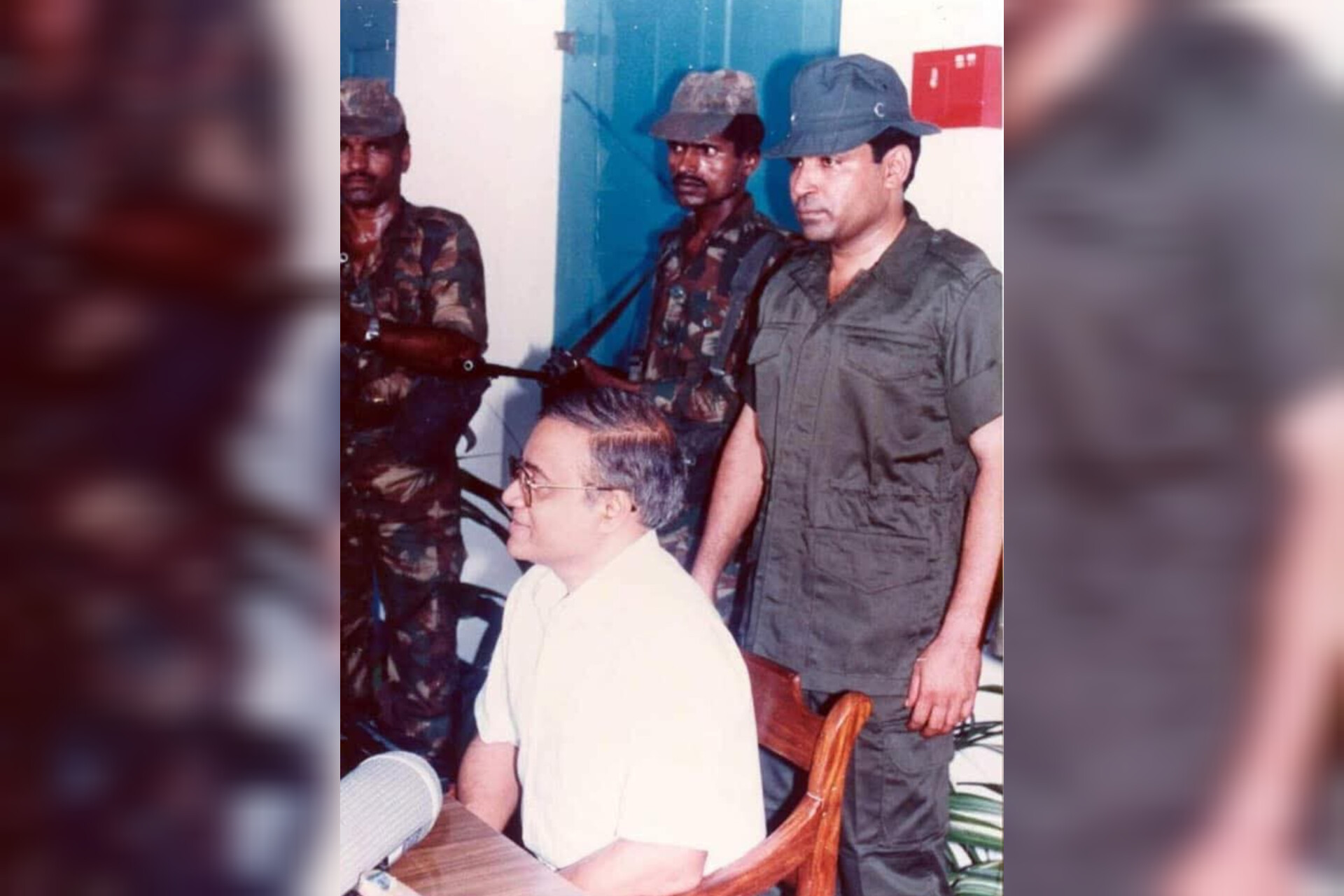
President Gayoom narrowly escaped capture, moving between safe houses as gunfire echoed across the capital. With several officials taken hostage and eight security personnel killed, the government sent out urgent pleas for international assistance. Nations including Sri Lanka, Pakistan, Singapore, and the United States were contacted, but only India responded decisively.
Operation Cactus: India’s Swift Intervention
Upon receiving the distress call, Indian Prime Minister Rajiv Gandhi ordered an immediate rescue operation. Within hours, the Indian Air Force mobilized paratroopers from Agra, flying them over 2,000 kilometers to Malé under Operation Cactus. The elite soldiers landed at Hulhulé Airport shortly before midnight and swiftly secured the airfield.
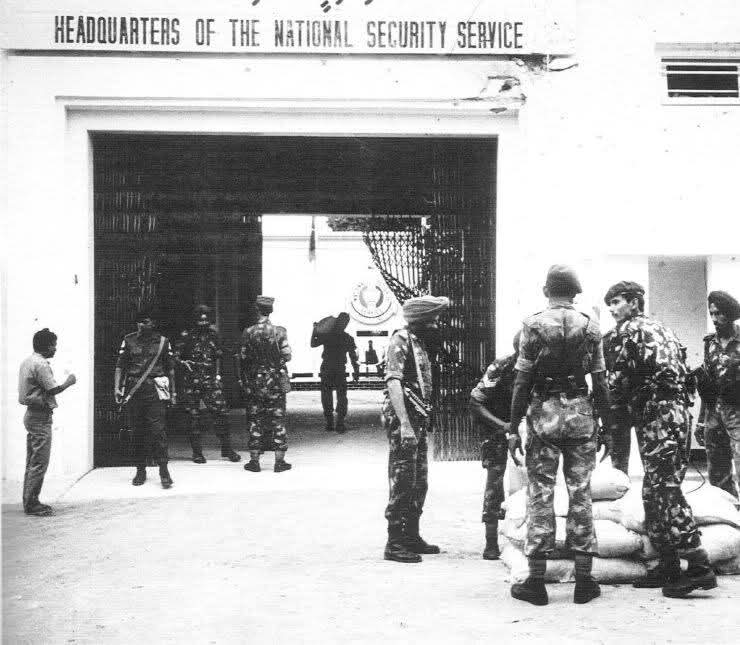
Using boats to cross into the capital, Indian forces joined Maldivian security personnel in counterattacking the mercenaries. Within hours, President Gayoom was safe and control of the city was restored. The fleeing rebels hijacked a merchant ship, MV Progress Light, with 27 hostages aboard, but were intercepted by the Indian Navy frigates INS Godavari and INS Betwa in a high-seas pursuit. The hostages were rescued and the mercenaries captured without further bloodshed.
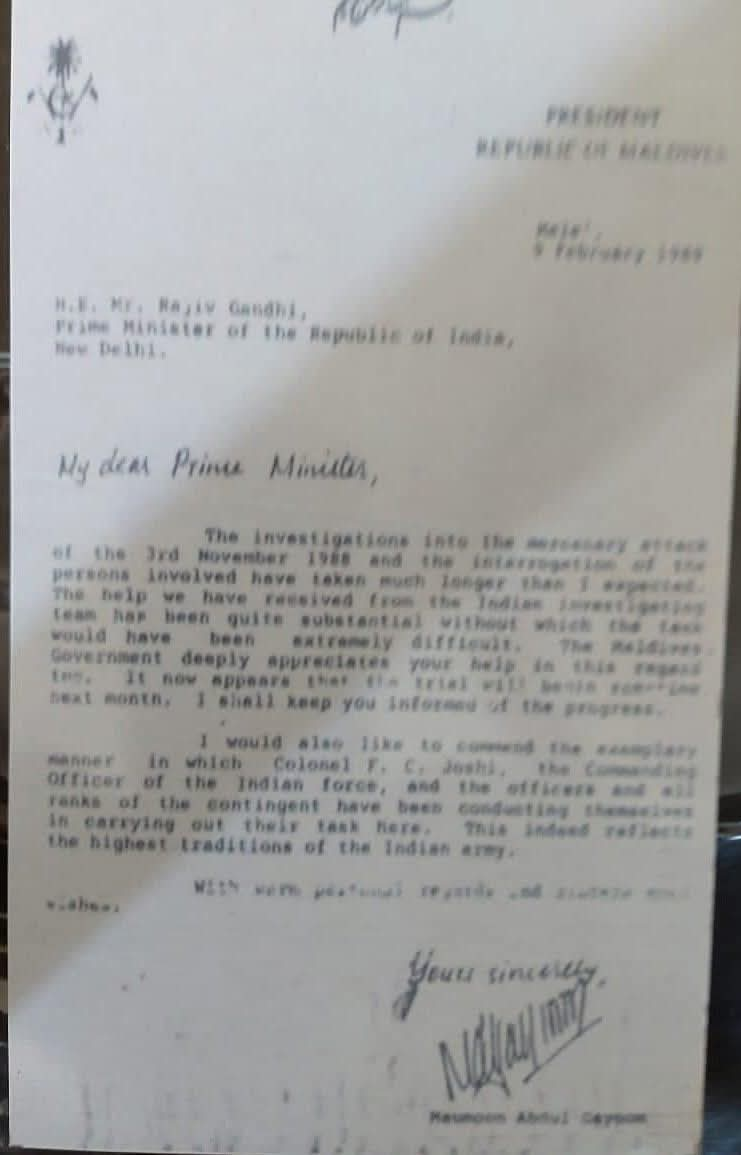
A Defining Moment in Regional Solidarity
The coup attempt left 19 people dead and several wounded, but the swift intervention prevented a far greater tragedy. India’s decisive action drew international praise, with global leaders acknowledging it as a stabilizing moment for the Indian Ocean region. The event forged a deep bond between the Maldives and India, cementing their partnership in regional security and mutual respect.
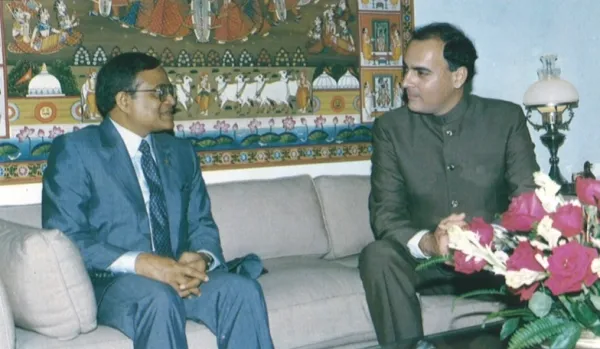
Every year, November 3 is commemorated as Victory Day in the Maldives, honoring those who defended the nation’s freedom and remembering the partnership that safeguarded it. The failed coup stands as a stark reminder that unity, courage, and strong alliances remain the true pillars of Maldivian sovereignty.


